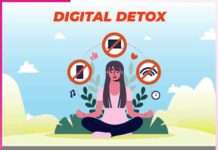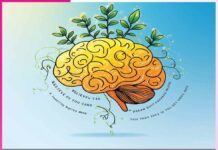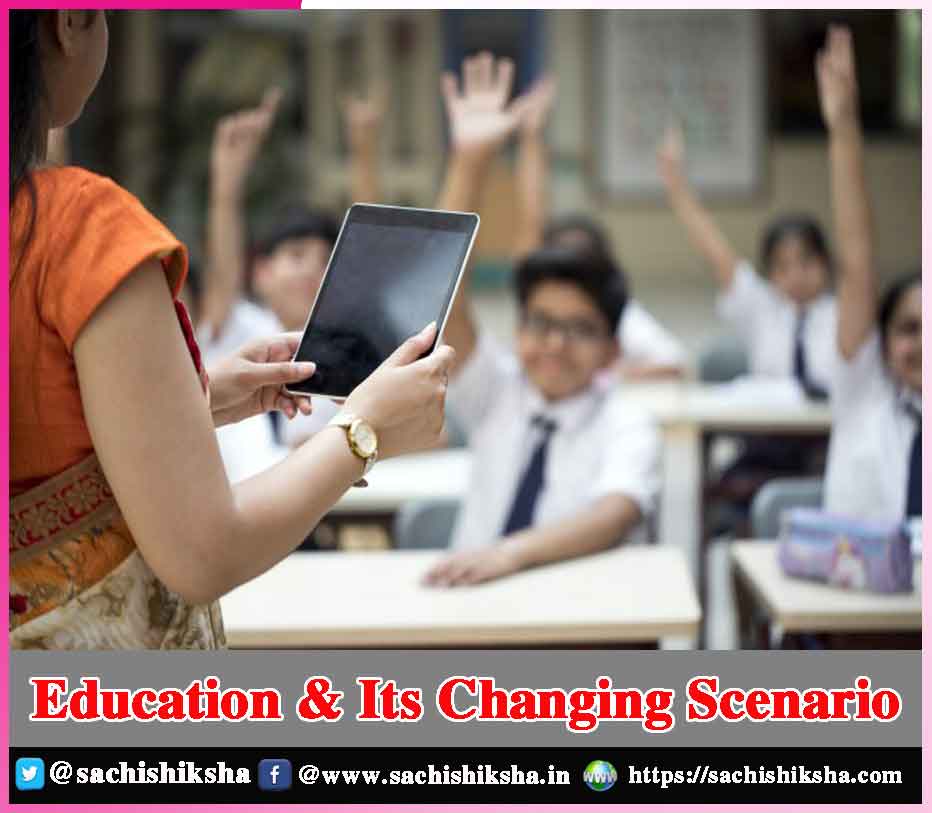Education & Its Changing Scenario
Introduction: India has continuously valued a wonderful educational culture. Universities like Nalanda and Takshila were never given second opportunities, and little in the way of attention given to their creative and academic outputs like Vaskaracharyya, Arya Bhatta, and others will ever adequately define their influence on the field of learning.
Also Read:
- Online Education – A Challenge
- Free Education in Germany
- Online Learning- Pros and Cons
- Online Classes Bane or Boon?
- Online Academics – Great Chance to Study from Harvard
Table of Contents
Basic Education Denied to U.P. and Bihar:

Poor Level of Education in Eastern States:
When it comes to the eastern states, individuals are still bound by obsolete societal beliefs. Western states are economically capable of supporting only the most basic necessities, and education has no place in them. A lot of things have been done to fix the situation, but it remains dire and needs big changes.
Major Shift in Learning:
The educational industry has noticed a significant shift in how information is disseminated. With a major move away from school settings in a number of regions of the world, many are wondering whether the acceptance of distance learning will keep growing after the outbreak, as well as how such an evolution might affect the education industry.
In response to the educational industry, there has been a major change for learners with regard to elements such as online seminars in auditoriums to online webinars, sporting events on the pitch to exercising alone with your smart watches on, offline classes to verifying on engaged internet to demonstrate your involvement, and so on – things have evolved.
Digitalization of Education:
Who thought that actual textbooks will be phased out at some point? All of your written material, presentations, and white papers are now stored on a single device. Is not it simpler to simply get up and turn on your laptops rather than getting up, getting ready, travelling, and having classes? The worldwide outbreak of Covid-19 has accelerated the deployment of technological technologies in the school sector. During this global epidemic, digitalization revealed to be the only link between educational institutions and consumers. As a result, digitization has become an accepted norm in the field of education.
Increasing Interest in Online Education:
With the prevalence of the internet expected to climb to over 45% in 2021, up from 4% in 2007, we have anticipating shifts in the education sector. It has revolutionized the manner in which we educate since it allows us to go out to students with greater efficacy and efficiency, particularly during this global epidemic, through discussion forums, live meetings, voting, and sharing documents.
It feels that conventional offline educational experiences and online education can coexist. Each obstacle, it is claimed, is a fresh chance. Education digitization remains a key policy priority for the federal government. The increased number of registrations in online courses indicates that students have adapted to the new mode of studying.
Education in the Future:
Education in the years to come would be an effortless combination of real educational experiences and online instruction. LMS (Learning Management Systems), teleconferencing solutions, MOOCs (Massive Open Online Courses), simulated reality, and the use of augmented reality have enabled students to keep up their education despite the pandemic.
However, in the long term, such a move would not only improve the educational process but additionally enable people to acquire knowledge at their own speed. The incorporation of information technology into classrooms will be expedited, and internet-based education will eventually grow into a standard part of classroom curriculum.
NEP-A Digitization Push:
The requirement of not delivering more than 20% of the curriculum online has been relaxed in order to encourage further study and offer fresh avenues for education for individuals looking to improve their existing abilities. The government launched a digitization push in the field of education via the National Education Policy (NEP) 2020, reforming the sector to meet changing expectations.
Colleges and universities, and institutions are preparing their staff members to adapt to the new way of educating their pupils. This move has enabled students to gain perspectives from professionals and seize opportunities to improve their proficiency in areas of relevance.
Virtual Schooling in Remote Areas:
This breakthrough in technology is not confined to commercial organizations; it has also been used by government educational institutions in order to keep students studying. Students in remote areas are disproportionately affected since virtual schooling is often served as the final alternative for continuing education.
Many children in rural areas lack possessions such as smart phones, portable devices, and desktop machines, forcing them to rely on the electronic devices of their parents. In the long term, the implementation of this concept in rural regions will necessitate funding from the government with regard to internet, electricity for the gadgets, and training for teachers in order to provide excellent education to kids in remote regions.
Education 4.0:
Education 4.0 represents an exciting path for students to take in order to be prepared for their futures. They would get modern-day talents while gaining more for understanding rather than merely studying for tests. Although both students and professors regret their personal experience, the amalgamation of physical classroom and online classes will ensure the next phase of the education sector.
Ed-tech Portals:
In the age of technology, the emphasis should not merely be on IQ but also on EQ (Emotional quotient) and CQ (Creative quotient). The Ed-tech networks assist in preparing students for their future careers by providing them with the required abilities such as logical thought, interpersonal interaction, imagination, analytical thinking, and trustworthiness in developing forward-thinking skills.
Ed-tech portals have made it possible for students to acquire any ability from professionals in their respective fields. One may develop new talents with a few keystrokes and at your own speed. It not only educates that one what looking to study, but it also puts their knowledge to the test. Certification programmes from prominent universities are now available in the convenience of your own home.
Technological Requirements:
The creation of many Ed-tech businesses has increased technological requirements and rendered the process of acquiring new skills unique and engaging. These abilities have helped not only youngsters but also established working professionals improve and retrain themselves as a response to evolving requirements.
Opening the educational door for everyone has proven a significant accomplishment, allowing children, students, and employment professionals to adapt to the pandemic’s requirements. One of our primary goals will be to develop models for providing personalized educational opportunities that will result in enthusiastic, self-driven, and self-sufficient students for lifetime.














































